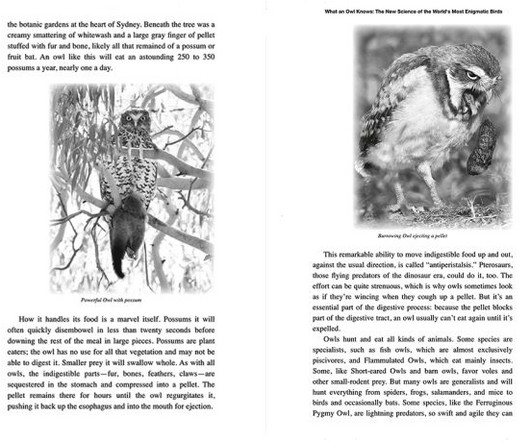Push Land-Grant Universities Out of the Meat Industry
Animal Person
MARCH 17, 2009
Responsible Policies for Animals Members & Friends! On March 11th, RPA sent the governors of all 50 states a letter and two factsheets urging them to help get their land-grant universities (LGUs) out of the meat industry. Below is a press release about the mailing. Many say you can’t eat meat and be an environmentalist.


















Let's personalize your content